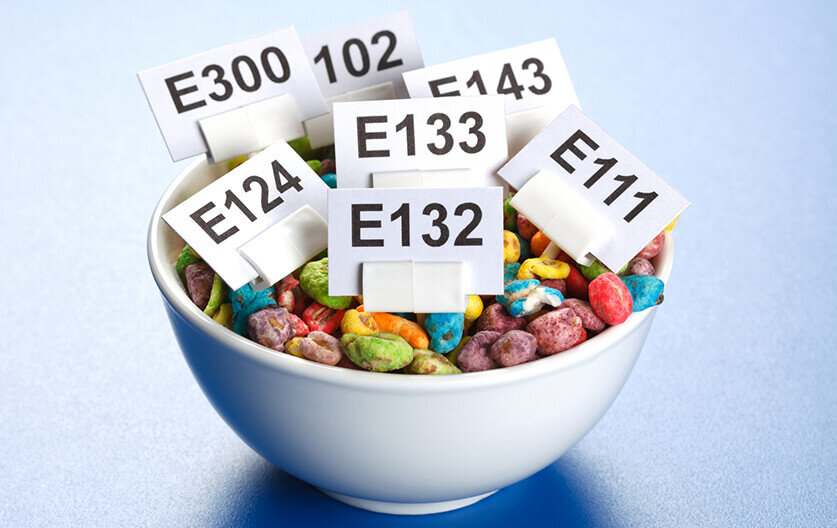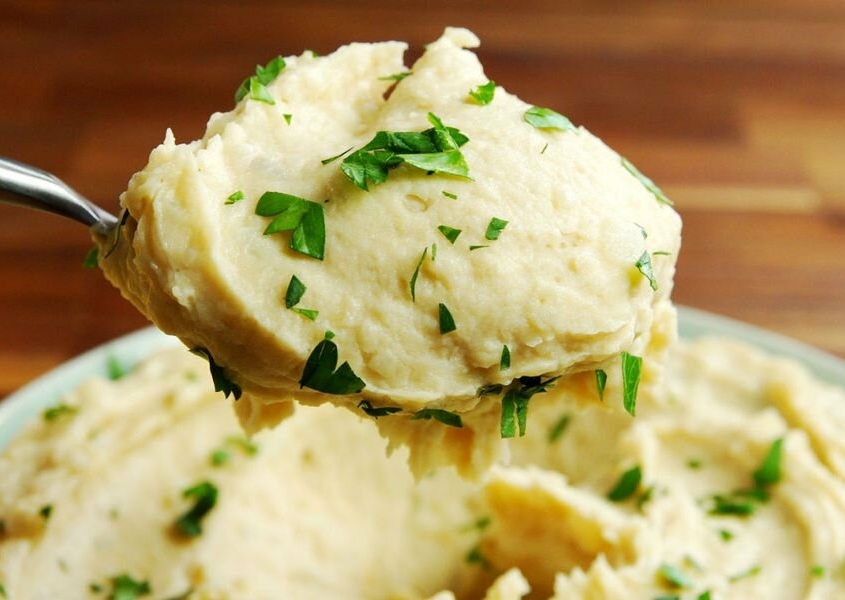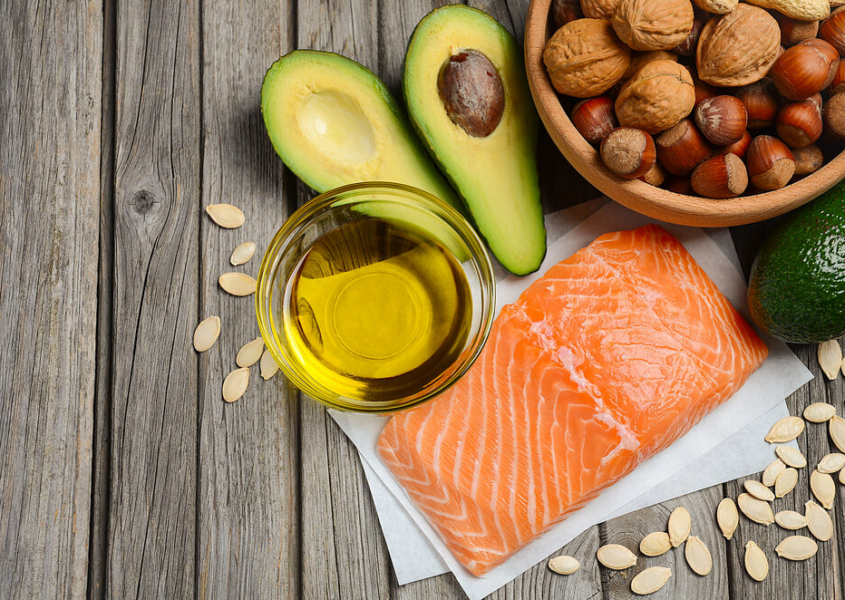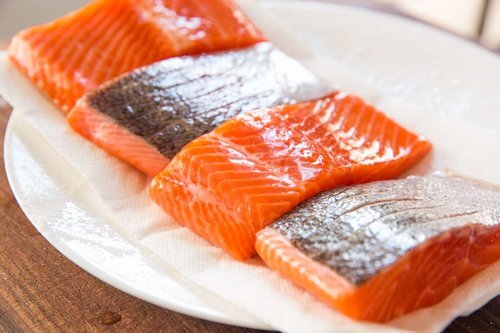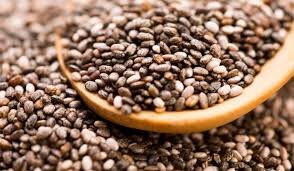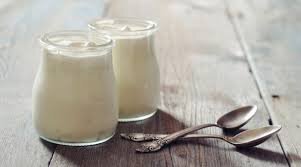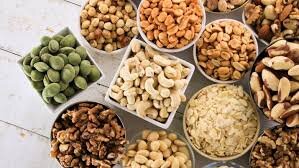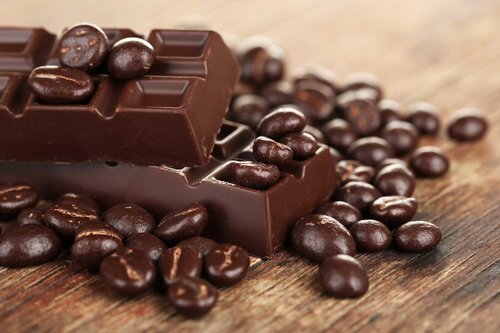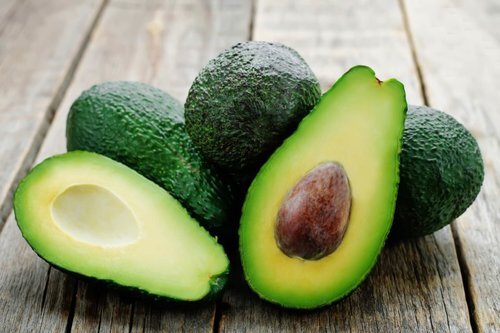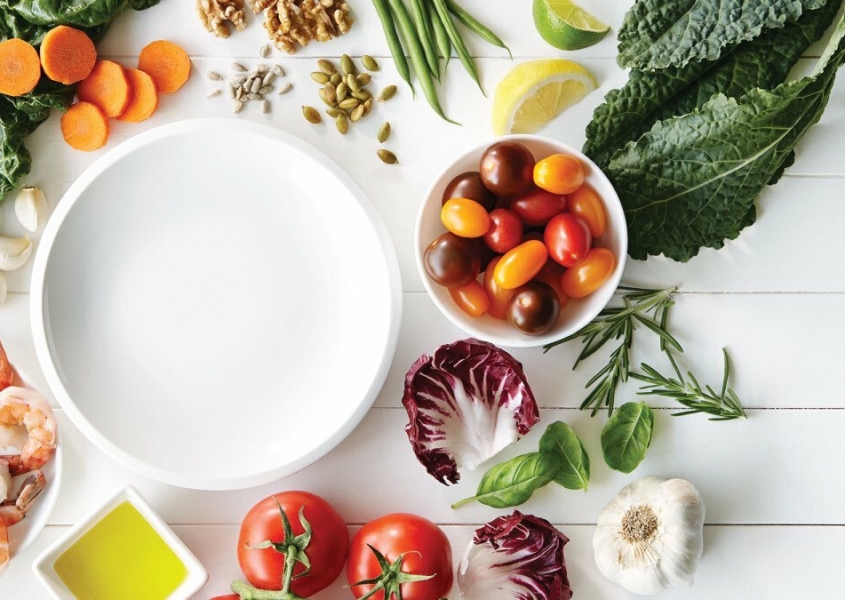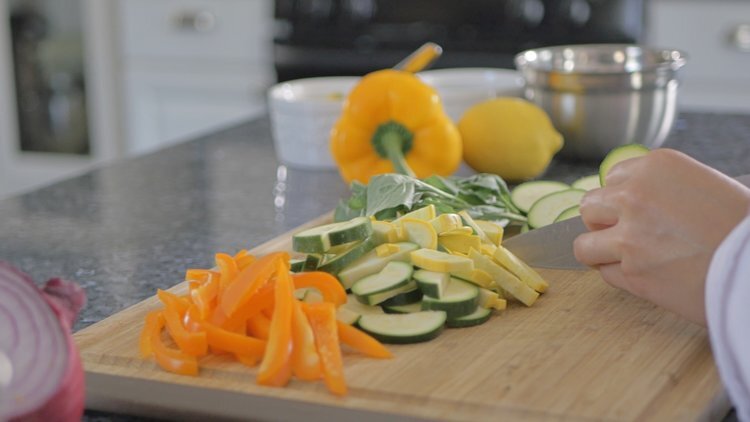There are many reasons why food additives and preservatives are so prevalent in packaged, processed foods. For one, they help keep food fresh longer and reduce the risk of contamination. In some cases, like vitamin fortification in cereal, additives can enhance the nutrient value of foods.
While some food additives and preservatives aren’t harmful to most people, there are some that should be avoided. Here’s a list of 7 Food Additives and Preservatives to Avoid.
TRANS FATS
Trans fat has been a popular nutrition buzzword for the past 15 years or so. They’re created when companies add hydrogen to oil during the manufacturing process, which can change the texture and extend the shelf life of foods. The problem is that consuming trans fats has been shown to increase the risk of heart disease, type 2 diabetes, and stroke.
When reading labels at the grocery store, try to avoid foods that list hydrogenated oil (or any slight variation) as an ingredient.
SODIUM NITRITE
Sodium nitrate is typically found in processed meats like canned tuna, sausages, and deli meat. Some studies have shown that consuming too much sodium nitrite can lead to pancreatic cancer and other significant health problems.
MONOSODIUM GLUTAMATE (MSG)
MSG is naturally created from a chemical called glutamate and looks similar to sugar or salt. It can enhance the flavor of savory dishes and is usually found in Chinese food and fast food.
MSG has gotten a bad rap for years, with numerous claims in the late 1960s alleging that food prepared with MSG at Chinese restaurants made people sick; however, many studies report difficulty in finding concrete evidence that there is a problem with MSG. At the same time, some reports have indicated numerous reactions such as headaches, flushing, sweating, facial pressure or tightness, numbness, tingling or burning in the face, neck and other areas, rapid, heart palpitations, chest pain, nausea, and weakness.
While the jury is still out as to how harmful MSG truly is, it’s probably best to limit how much you consume. The easiest way to do that is by limiting processed meats, fast food, and Chinese takeout.
ARTIFICIAL FOOD COLORING
Artificial food colors are chemicals used to color food and drinks. Most processed foods have at least a few of these colorings. The most harmful food colorings are:
- Yellow # 5
- Blue #1 and Blue #2
- Red Dye #3
- Yellow #6
- Natural Green Color
HIGH FRUCTOSE CORN SYRUP
High fructose corn syrup (HFCS) is popular with food companies simply because its cheaper than cane sugar, but still provides the sweet taste consumers want. It’s believed that HFCS can lead to obesity and type 2 diabetes.
In the US, HFCS is found in tons of food products, and not just the sweet ones. Frozen pizza, cocktail peanuts, cereal, and even bread often contain HFCS.
ASPARTAME
Aspartame an artificial sweetener commonly found is diet or sugar-free sodas, chewing gum, Jell-O, Kool-Aid, and sometimes even chewable vitamins. It’s almost 200x sweeter than cane sugar, so manufacturers don’t have to use as much of it.
Numerous studies have shown that aspartame can increase blood glucose levels, and may even cause anxiety.
BHA & BHT
Butylated hydroxyanisole (BHA) and butylated hydroxytoluene (BHT) are preservatives found in cereals, chewing gum, potato chips, and vegetable oils. This common preservative keeps foods from changing color, changing the flavor or becoming rancid. Affects the neurological system of the brain, alters behavior and has a potential to cause cancer. BHA and BHT are oxidants that form cancer-causing reactive compounds in your body.

